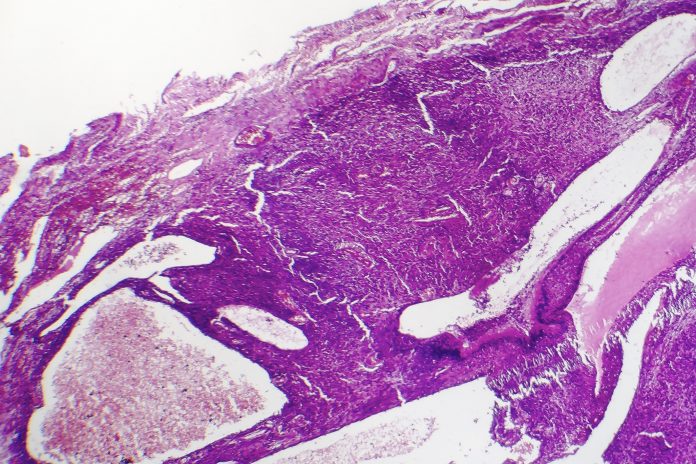
A massive, multinational genomic study has uncovered several genetic mutations that operate through specific biological pathways to increase susceptibility to sarcoma cancers.
The genetic variants increased the risk of inherited sarcomas by altering telomere biology and mitotic function, both of which are fundamental to chromosome integrity.
The findings, outlined in the journal Science, could potentially facilitate at-risk genetic testing and cancer surveillance according to a perspective article accompanying the research.
The methods used in the study could also potentially be extended to a wide range of other diseases to identify genetic susceptibility and improve personalized medicine.
“Biologically, these data suggest that the telomeric and mitotic pathways may play specific roles in sarcoma susceptibility, analogous to homologous recombination and mismatch repair in susceptibility to breast and colorectal cancers,” report lead researcher Mandy Ballinger, from Garvan Institute of Medical Research in Sydney, Australia, and co-workers.
Sarcoma cancers can develop in muscles, bones and other connective tissues and tend to develop in younger individuals.
They are often aggressive and difficult to treat, but because of their relative rarity they are less well understood than more common cancers.
To investigate further, Ballinger et al undertook a case-control study using whole genome germline sequencing (WGS) and genetic ontology analysis to identify penetrant genes and pathways that may explain sarcoma risk.
Comparing 1644 individuals with sarcoma and 3205 matched healthy controls implicated 14 genes, which were identified in 44 participants with diverse sarcomas.
These genes belonged to two broad functional classes that were clustered around the telomeric and mitotic pathways.
Some of the genes related to or encoded components of the shelterin complex, which comprises six proteins that help protect telomere ends from being mistaken as DNA damage by the mechanisms of DNA repair.
Other flagged genes were connected with the centrosome complex, whose function during mitosis prevents chromosome mis-segregation and aneuploidy.
“By using a nuanced experimental approach involving WGS, an extreme phenotype design, and genetic ontology analysis, the authors have discovered 14 candidate genes associated with sarcoma predisposition,” summarize Diana Mandelker and Marc Ladanyi from Memorial Sloan Kettering Cancer Center, New York, USA, in their accompanying perspective article.
“If confirmed, this will be critical to the management of individuals and families with sarcoma because it will enable more at-risk genetic testing and cancer surveillance.
“Furthermore, this experimental design has the potential to reveal more genes that confer susceptibility to a wide variety of diseases and enhance the ability to practice individualized genetic medicine in the future.”













